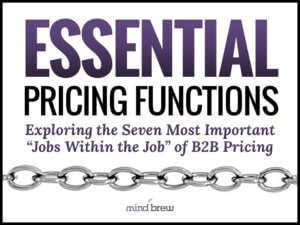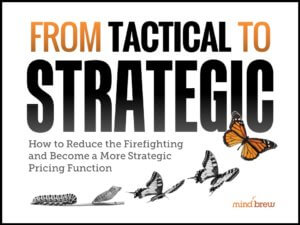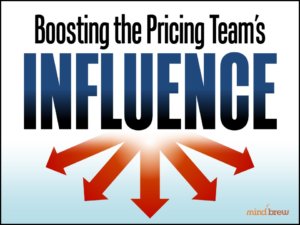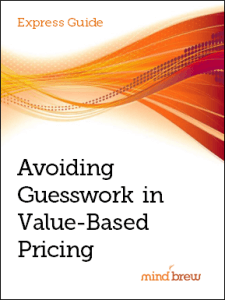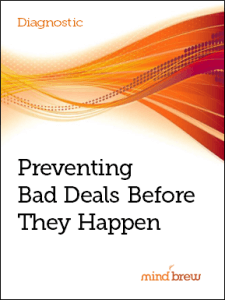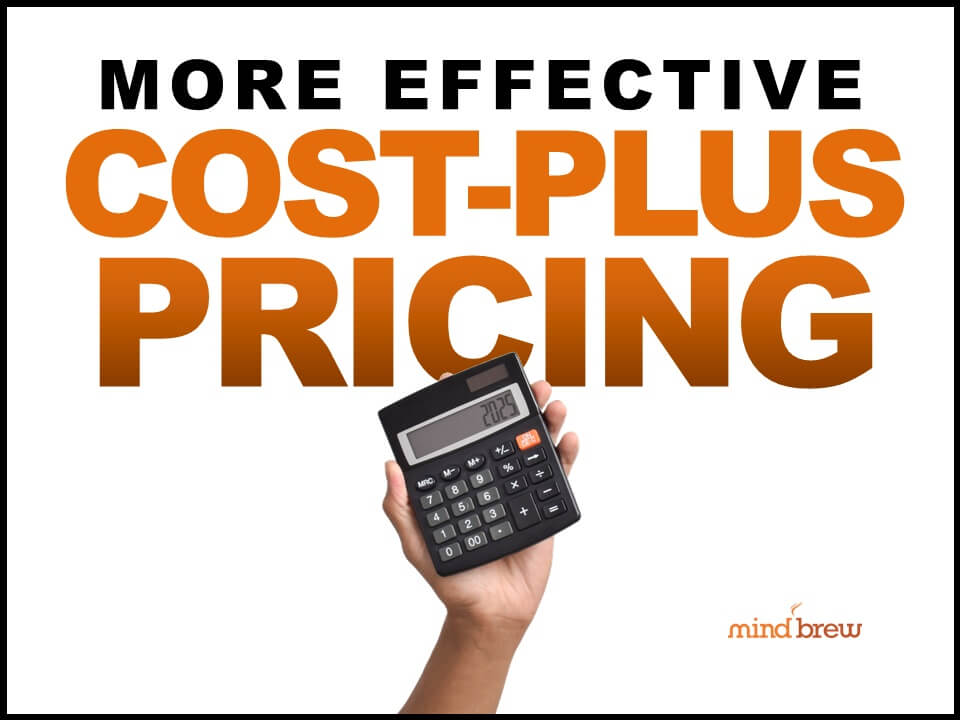In the Essential Pricing Functions webinar, I touched on something that seemed to cause a number of people a bit of heartburn. Now, regular readers will know that I’m not at all opposed to giving people heartburn when it’s warranted. In fact, I consider that to be part of my job as Editor in Chief here at the Journal.
But because I usually do it on purpose, I can’t help being a little surprised when it happens inadvertently.
Specifically, after deep-diving on seven of the primary B2B pricing roles for general practitioners, I wanted to highlight a few of the secondary roles that managers in particular would have to play at various times. And one of those secondary roles that I surfaced in the webinar was “politician.”
In explaining this role, I must not have been as clear or as complete as I needed to be because some folks took umbrage later on:
“I didn’t get into this field to be a politician.”
“We work hard to stay out of the internal BS.”
“I have no interest in playing those stupid games.”
“We take this far too seriously for that garbage.”
“I wouldn’t want to be one of those people.”
While I agree wholeheartedly with all of these sentiments, they do not change the reality of internal politics. We can hate them all we want and internal politics will still exist. And we can even choose to not participate and internal politics will still affect us in some way or another.
I can shake my fist and yell at the clouds, yet they’ll just keep rolling in. And ignoring the clouds altogether certainly won’t keep my bald head from getting rained on!
We may not like it, but internal politics is a fact of organizational life. As such, I’ll stand by my position that if you want to be an effective B2B pricing leader in a typical commercial operation, there’s simply no way to escape or ignore internal politics.
That said, however, I could have done a better job explaining that I was not in any way advocating active participation in the internal political battles, maneuvers, and machinations.
In fact, I probably could have come up with a more accurate name for the role in the first place—i.e. “political observer” or some such, instead of “politician”—to denote the difference between understanding what’s going on and participating in what’s going on.
To be clear, you don’t have to play the political games yourself to be an effective B2B pricing leader. I would never suggest or advocate anything of the sort. But on the other hand, you cannot be effective while denying the existence of those political games and/or ignoring the potential ramifications.
Simply put, you’re doing your team a disservice…and setting yourself up to be blindsided…if you aren’t monitoring the internal political dynamics that could ultimately affect your efforts.
You don’t have to play the game, but you’d better have a front row seat.

